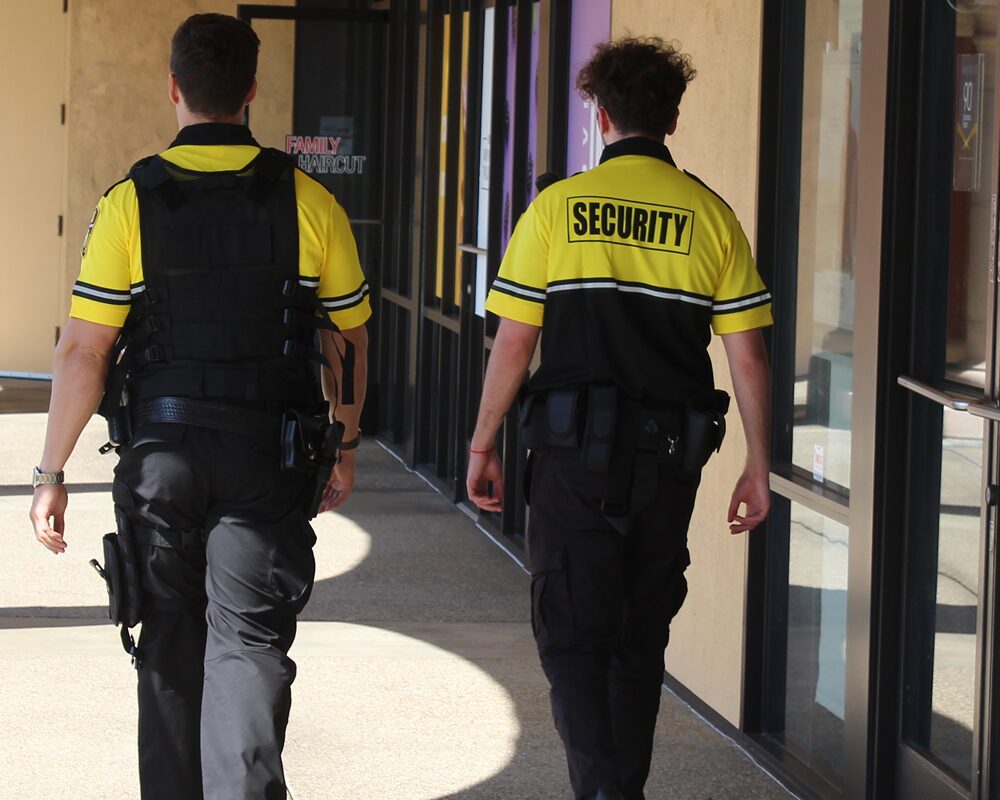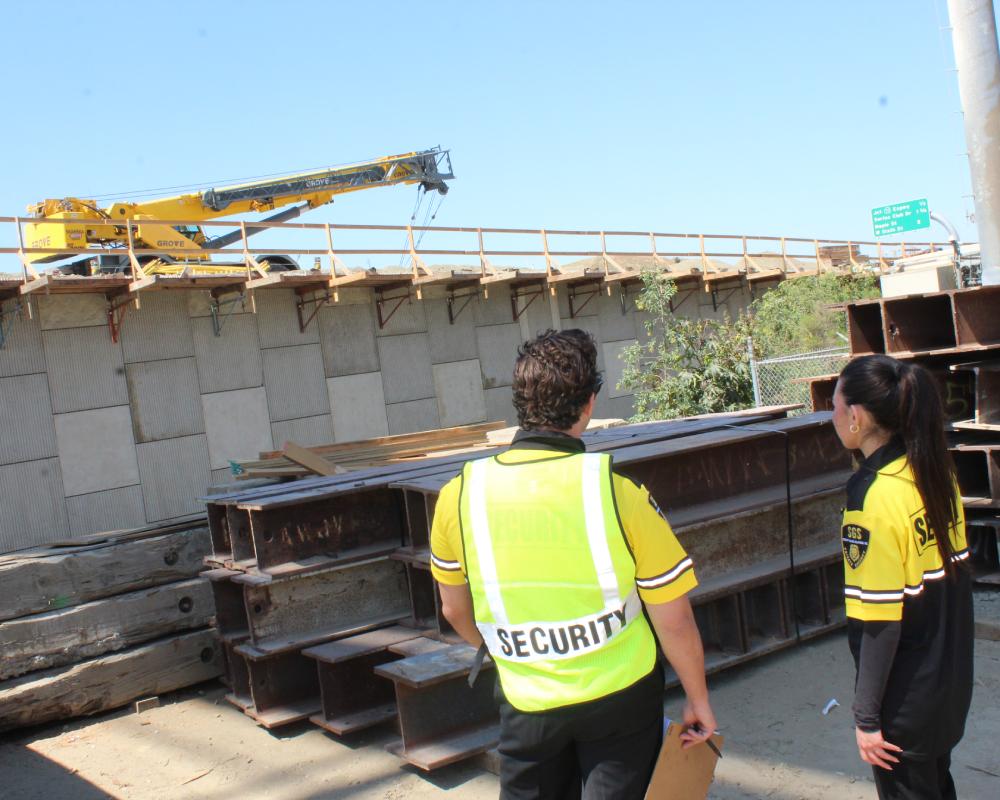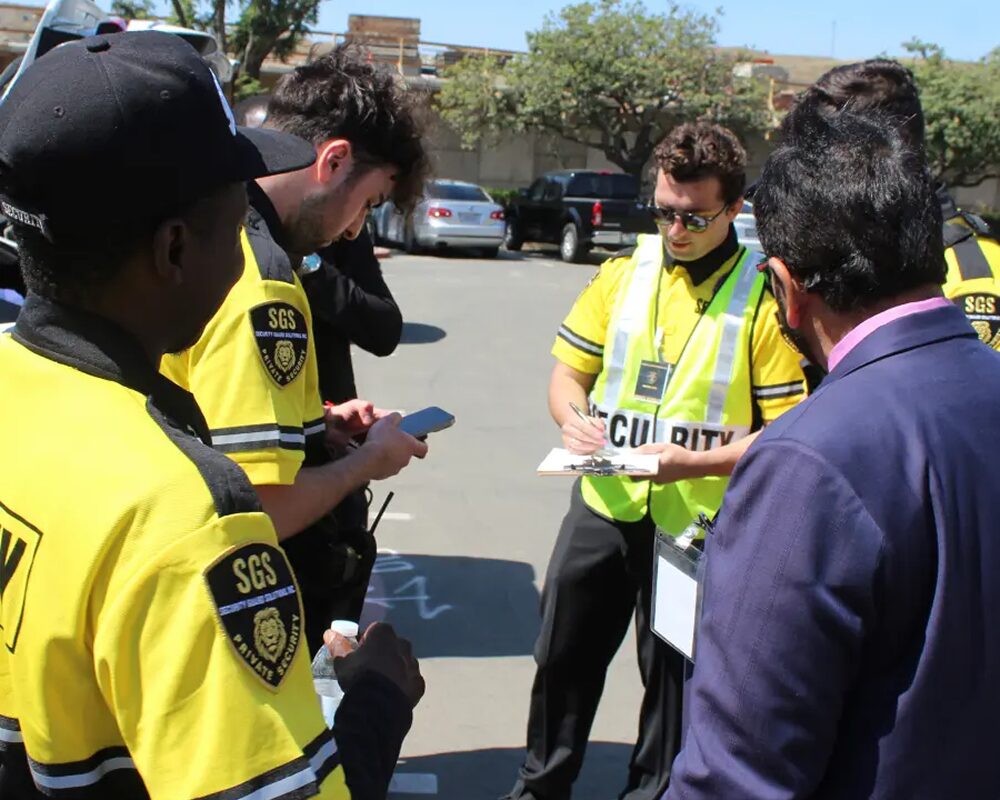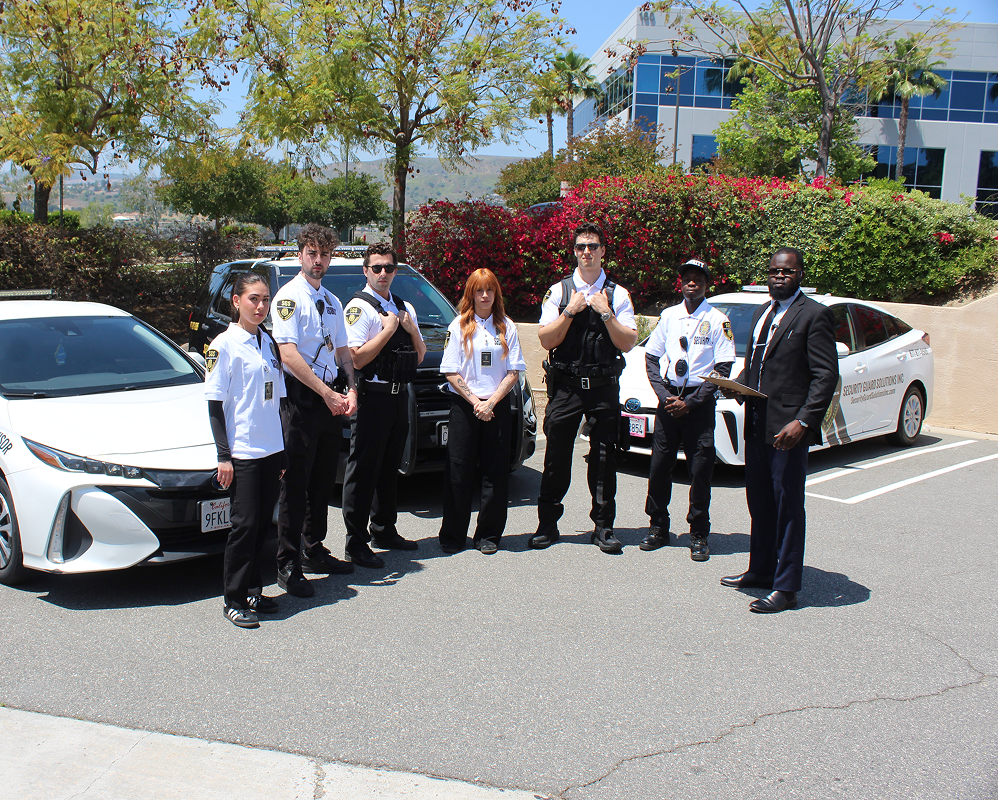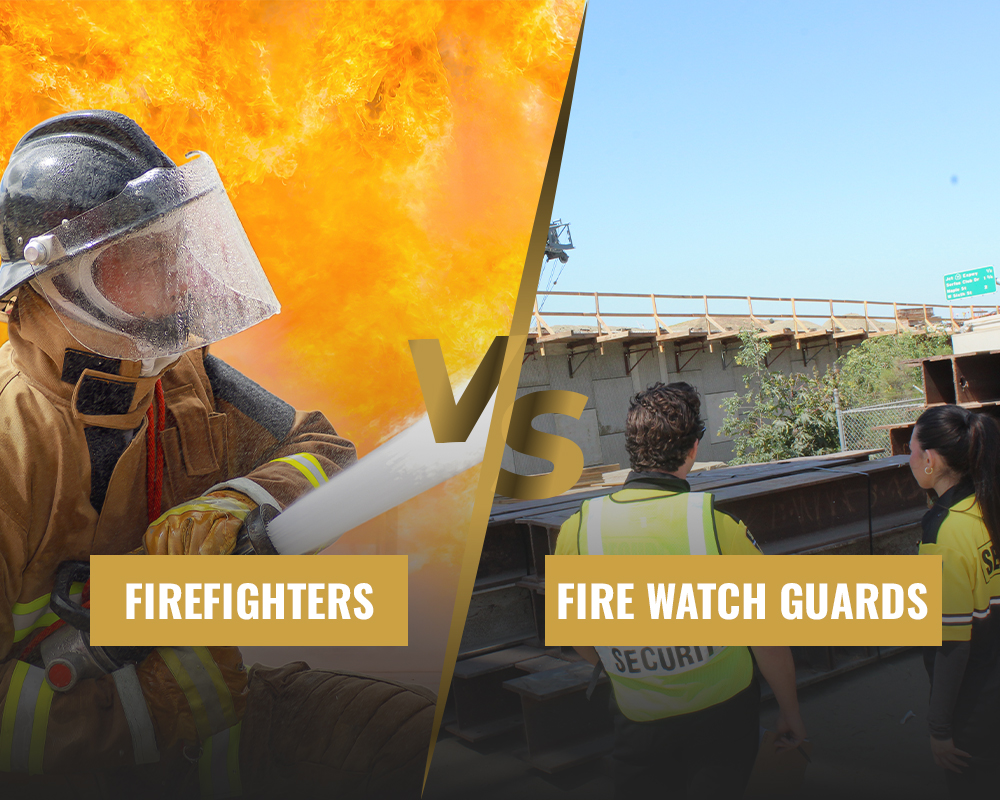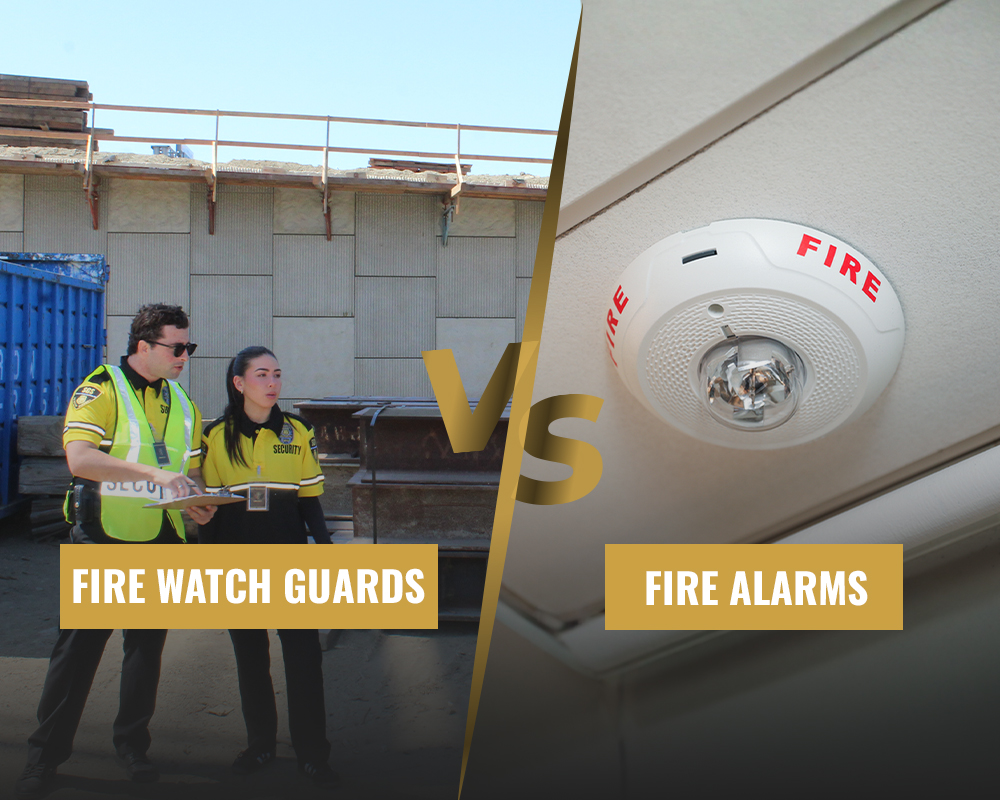The qualifications required for bodyguards vary depending on the type of security they provide, but generally include the following:
- Proper Licensing: Bodyguards must obtain the appropriate licensing for their state or country. This usually involves completing a training program, passing a criminal background check, and obtaining a permit or license to work as a security guard.
- Training and Certification: Bodyguards may require specialized training and certification depending on the type of security they provide. For example, armed security guards require firearms training and certification, while unarmed security guards may require training in defensive tactics and self-defense.
- Experience: Many private security companies prefer bodyguards to have prior law enforcement or military experience, although it is not always a requirement.
- Physical Fitness: Bodyguards must be physically fit and able to perform the duties required of them, which may include standing for long periods, running, and performing physical interventions if necessary.
- Professionalism: Bodyguards must possess a high level of professionalism, discretion, and excellent communication skills. They should be able to blend in with their surroundings and maintain a low profile while still providing adequate protection to their clients.
- Executive Protection: For executive protection, bodyguards may require additional training in areas such as risk assessment, threat analysis, and emergency response.
Overall, the requirements for bodyguards can vary depending on the type of security they provide, the client they serve, and the jurisdiction they work in. However, proper licensing, training, and experience are typically required, along with a high level of professionalism and physical fitness.



